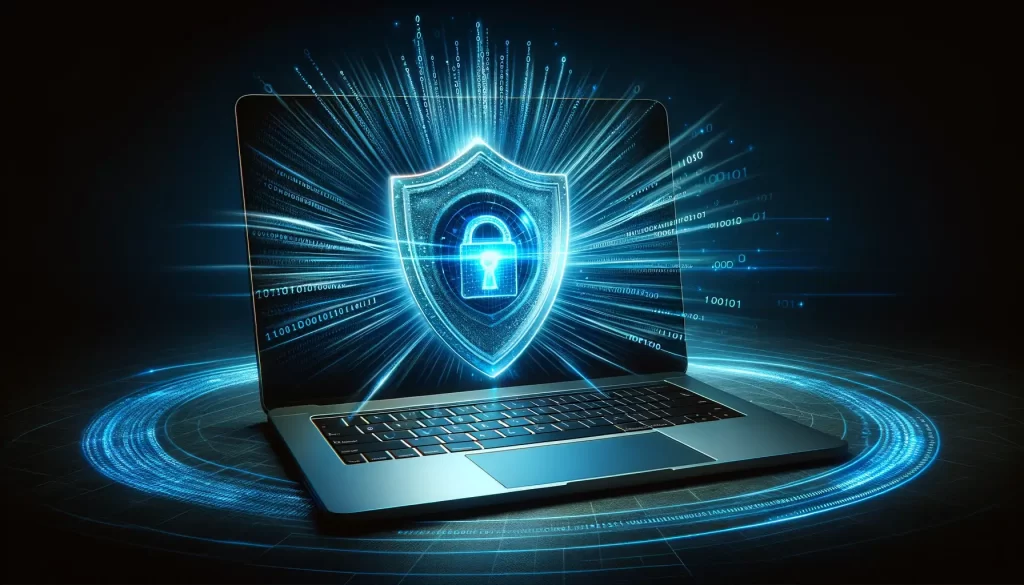In the ever-evolving landscape of cyber threats, the role of ethical hacking, also known as white hat hacking, has become indispensable in maintaining robust cybersecurity defenses. Unlike malicious hackers, white hat hackers utilize their skills for the greater good, helping organizations identify and rectify vulnerabilities before they can be exploited by cybercriminals. Their efforts play a critical role in safeguarding sensitive information, ensuring the integrity of systems, and fostering a safer digital environment. White hat hackers operate within the boundaries of the law, adhering to ethical guidelines and often working under contracts with the organizations they aim to protect. Their primary objective is to mimic the strategies and techniques employed by malicious hackers to discover security flaws in systems, networks, and applications. By doing so, they provide invaluable insights into potential entry points and weaknesses that could be exploited. This proactive approach allows companies to address vulnerabilities promptly, thereby reducing the risk of data breaches, financial losses, and reputational damage.

One of the fundamental methods employed by ethical hackers is penetration testing, or pen testing. This involves simulating cyberattacks on a system to evaluate its security measures. Adored the Movie testing encompasses a variety of techniques, such as network scanning, vulnerability assessment, and social engineering. Through these methods, ethical hackers can uncover weaknesses that might not be apparent through standard security protocols. The results of these tests are typically compiled into detailed reports, outlining the vulnerabilities found and providing recommendations for mitigating them. This information is crucial for organizations aiming to bolster their cybersecurity posture. Ethical hacking also plays a pivotal role in compliance with regulatory requirements and industry standards. Many sectors, such as finance, healthcare, and government, are subject to stringent regulations regarding data protection and cybersecurity. By employing ethical hackers, organizations can ensure they meet these standards, avoiding potential legal penalties and fostering trust among their clients and stakeholders. Additionally, regular security assessments conducted by ethical hackers can help companies stay ahead of emerging threats and adapt their defenses accordingly.
Furthermore, ethical hackers contribute to the broader cybersecurity community by sharing their knowledge and findings. Ethical hackers also engage in security research, publishing their insights in academic papers, blogs, and conferences. This dissemination of information enhances the collective understanding of cyber threats and promotes the development of more effective security measures. The impact of ethical hacking extends beyond individual organizations to the global digital ecosystem. As cyber threats become more sophisticated, the need for skilled professionals who can anticipate and counteract these dangers is paramount. Ethical hackers, with their deep understanding of hacking techniques and commitment to ethical principles, are uniquely positioned to fulfill this role. By continuously honing their skills and staying abreast of the latest developments in cybersecurity, they contribute to the resilience of the digital world. Their efforts not only protect individual organizations but also contribute to the overall safety and integrity of the digital landscape. As cyber threats continue to evolve, the expertise and dedication of ethical hackers will remain crucial in safeguarding our interconnected world.
